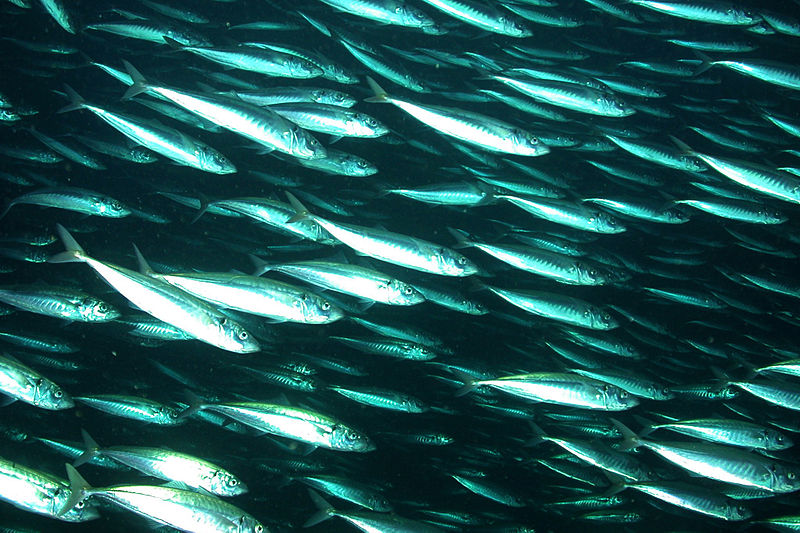Scientists from 97 Countries Have Signed
New York – May 31, 2005 – On the eve of a critical United Nations meeting to discuss actions to protect the world’s oceans from overfishing, a letter signed by more than 1,000 international scientists calling for decisive action has been delivered to the international body. Recent scientific reports have linked industrial fishing, such as longlining, to the decline of sea turtles and other marine species, and have offered marine protected areas as a potential solution. During the UN meeting which begins June 10, Costa Rica will be proposing a plan of action that offers sustainable use marine protected areas as a part of a comprehensive solution for the world’s oceans.
1,007 international scientists from 97 countries are urging the UN to implement a moratorium on longline fishing in the Pacific Ocean to prevent the extinction of the critically endangered leatherback sea turtle. The scientists are joined by 281 non-governmental organizations from 62 countries. The list of signers includes famed primatologist Dr. Jane Goodall, biologist E.O. Wilson, oceanographer Dr. Sylvia Earle, a National Geographic Explorer-in-Residence, and former U.S. astronaut Bernard Harris, Jr. M.D.
According to the statement, “An International Call by Leading Scientists to Reverse the Pacific Leatherback’s Extinction Trajectory,” the scientists warn that “The Pacific leatherback sea turtle is at the top of the list of species being driven to the brink of extinction by increased efforts of global industrial fishing.” Also impacted are about 4.4 million sharks, seabirds, billfish and marine mammals maimed and killed by longlines in the Pacific each year.
The delivery of the letter coincides with the sixth meeting of the United Nations Open-ended Informal Consultative Process on Oceans and the Law of the Sea (UNCLOS) during which there will be historic discussions about how modern industrial fishing practices may be undermining sustainable development and harming the world’s poor. One of the fisheries under examination is longlining which sets approximately 1.4 billion hooks in the oceans every year.
The female nesting population of highly migratory leatherback sea turtles in the Pacific Ocean has collapsed by 95 per cent since 1980. Eminent scientists warn that the leatherback could go extinct in 5-30 years unless we reduce the threat from longline fishing. Because sea turtles are migratory, traveling thousands of miles each year to nest, an international solution is needed.
“The Costa Rican Plan offers a blue print for the UN to begin addressing the longline crisis,” suggests Robert Ovetz, PhD, Save the Leatherback Campaign Coordinator. In the past, the UN has banned destructive fishing methods, such as through the international moratorium on high seas driftnetting.
The petitions, originally submitted to the UN in February 2003 with the names of 413 international scientists and 113 NGOs, have not yet received a formal response from the United Nations Convention on the Law of the Sea (UNCLOS).
Leatherback Resources:
Review copy of the documentary “Last Journey for the Leatherback?” is available upon request
B-roll video footage is available upon request
The scientist petition is available at:downloads/master.UNscientistltr10.FINAL.pdf
The NGO petition is available at:downloads/master.NGOltr.FINAL.pdf
Press packet is available upon request




